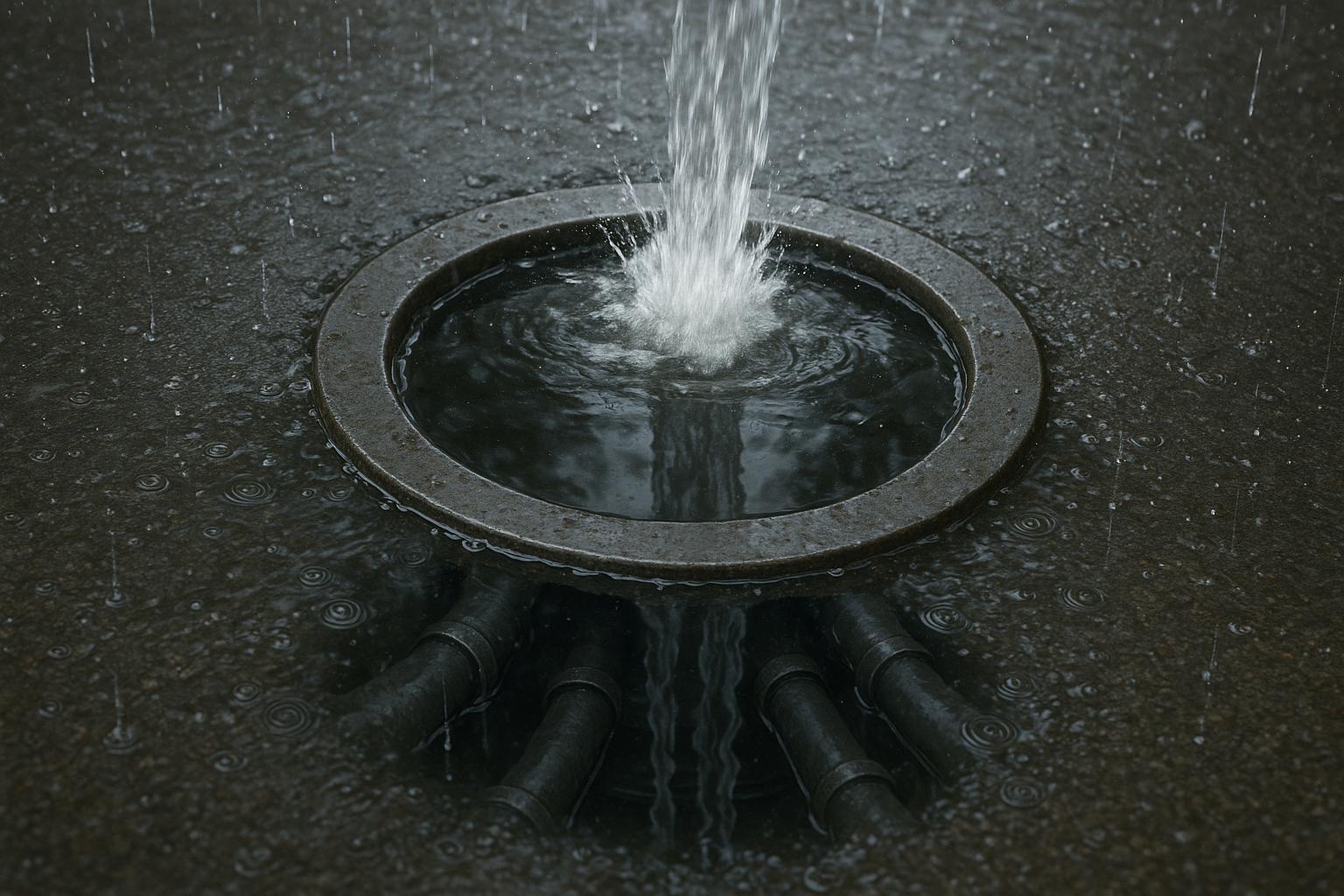The UK government has unveiled a new set of measures intended to expedite and strengthen penalties against English water companies for discharging raw sewage into the environment. Central to the proposals is the introduction of automatic fines of up to £20,000 for certain minor breaches, paired with simplified procedures to sanction more severe offences. These reforms aim to empower the Environment Agency (EA), which has faced longstanding challenges in enforcing regulations due to procedural complexities and resource constraints.
Environment Secretary Emma Reynolds articulated the government's intent to equip the EA with "teeth" to act swiftly against rule-breaking, particularly addressing failures such as untreated sewage discharges and inadequate maintenance of water infrastructure. The proposals will enter a six-week public consultation phase, signalling the government’s commitment to a collaborative approach while reinforcing accountability for water companies. Industry representatives, such as trade body Water UK, expressed cautious support for the plans, acknowledging the necessity of holding companies accountable when environmental standards are breached.
This shift comes against a backdrop of mounting evidence revealing the frequency and scale of sewage spills. Advanced monitoring systems across England’s sewage outflows have exposed extensive discharges, often during dry weather and sometimes before sewage has been adequately treated as legally required. Investigations by media outlets have highlighted that the EA attends only a fraction of reported pollution incidents and frequently relies on information provided by the water companies themselves—a dynamic that the government clearly sees as untenable.
To supplement these fines, the government has introduced broader enforcement measures. Notably, the Water (Special Measures) Act 2025 grants regulators unprecedented powers to impose prison sentences of up to two years on water company executives who hinder investigations into illegal sewage discharges. Complementing this, the legislation imposes bans on bonuses for executives found responsible for polluting rivers, lakes, and seas. Together, these represent the stiffest set of sanctions ever deployed against water sector management, signalling a tougher stance on environmental negligence from the top down.
In parallel with these punitive measures, the government is ramping up scrutiny across the sector. A recent audit encompassing more than 2,000 sewage treatment works was launched by the Environment Agency and Ofwat, prompted by admissions from some companies regarding unpermitted sewage releases. Those found in breach face enforcement actions ranging from fines to prosecution. Furthermore, a record 81 criminal investigations have been initiated since July last year, a substantial increase from previous years that aligns with the government’s intensified regulatory crackdown.
The government has also committed to reinvesting over £100 million raised from fines back into local environmental projects aimed at cleaning rivers, lakes, and coastal waters. This reinvestment strategy underscores a wider approach to not only penalise polluters but also to fund tangible remediation efforts that can restore affected ecosystems.
To support the enhanced enforcement regime, an expansion of the EA's inspection workforce is underway, with plans to add up to 500 new staff members dedicated to inspection, enforcement, and regulation over the next three years. This surge in personnel is designed to ensure that the regulator can sustain the increased workload and maintain more rigorous oversight of water companies' compliance.
Importantly, while automatic fines will apply to lesser violations, the government's framework retains traditional court proceedings for the most egregious pollution cases. These require prosecution to establish guilt “beyond a reasonable doubt” and carry the possibility of multi-million-pound fines, underscoring a tiered approach to enforcement based on the severity of offences.
The government emphasises that any financial penalties will be borne by company shareholders rather than passing the cost onto consumers, a stance meant to reassure customers and avoid further increases in water bills. Collectively, these initiatives represent the most comprehensive effort in a generation to tackle sewage pollution, aiming to compel a sector long criticised for environmental lapses to reform its practices and prioritise the health of Britain’s waterways.
📌 Reference Map:
- Paragraph 1 – [1] (BBC News)
- Paragraph 2 – [1] (BBC News)
- Paragraph 3 – [1] (BBC News)
- Paragraph 4 – [3], [5] (UK Government)
- Paragraph 5 – [4], [6] (UK Government)
- Paragraph 6 – [2] (UK Government)
- Paragraph 7 – [7] (UK Government)
- Paragraph 8 – [1], [3] (BBC News, UK Government)
Source: Noah Wire Services
